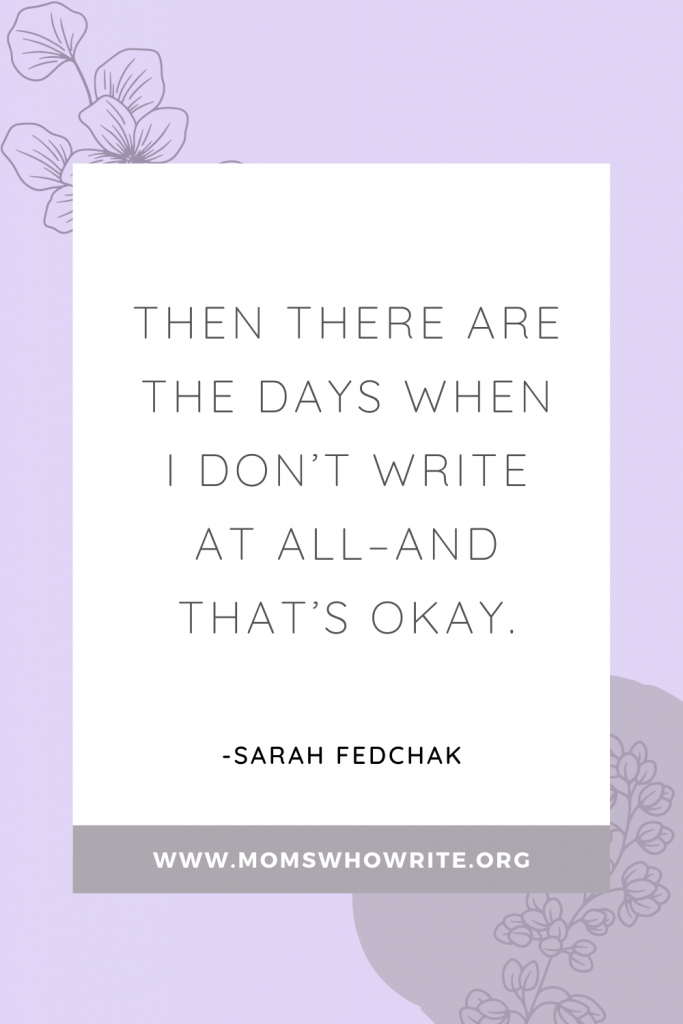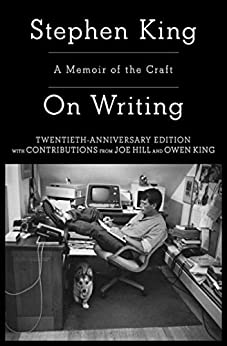Everyone reacts to stress differently. There is no one hard-and-fast rule for how you should conduct yourself if you’re going through times of grief and trauma. This is especially true when it comes to writing.
Writing can be therapeutic
Perhaps you’re the kind of person who finds writing to be therapeutic. This was definitely my experience many years ago when my husband spent three years in and out of hospitals.
I went through a considerable amount of medical trauma, and I processed it all by blogging. This helped me work through my emotions while also keeping family and friends updated on what was happening. Even as the unknown loomed at every major surgery (would I be walking out of the hospital a young widow? What would life look like if the surgery went wrong – again?), putting words on paper helped me navigate the complex emotions that I couldn’t quite bring myself to say out loud.
Escaping into fictional worlds
Not everyone likes to blog or journal, preferring to translate their experiences into a fictional world. So it’s possible that you realize your characters start going through the same trauma as you. Lean into it.
I used to think this was “writing to escape,” feeling guilty that I wasn’t focusing on what was going on around me. But now I know that this was writing to live. Words can help us explore dark places in safe ways. That’s why they’re so incredibly powerful.
It’s also equally important to recognize that there are also times when writing does not help.
It’s okay to take a break
Recently, I’ve been dealing with the grief of losing a parent. Nothing prepared me for the full force of this loss, nor for the aftermath that still lingers. And in this period, writing to directly process the wide range of emotions grief is throwing my way is physically impossible. My brain won’t form the words for me to put on paper.
I’ve written other things, though. On bad days, the poor characters in my fantasy story are put through hell. On really bad days, I switch to a sunnier work in progress to force my brain into a better place.
And then there are the days when I don’t write at all– and that’s okay.
It’s important to remember that yes, we are writers. We have goals and deadlines and a lengthy list of works-in-progress. But we are humans first. And as humans, we need to give ourselves space to work through the stresses that come our way without feeling guilty about not getting words on a page.
It is not a failure to take a complete break from writing for your mental health. Nor is it a failure to stop writing your work in progress so you can blog, dabble with poetry, or write a sappy country song (raises hand sheepishly). It is absolutely, one-hundred percent alright to write all the words or to write none of the words. And it’s completely normal if this rhythm fluctuates.
Do what’s right for you
When you’re walking through times of grief and trauma, and you feel like you’ve lost all your motivation… that’s okay.
If you find that writing is no longer bringing you joy or peace, then it’s absolutely alright to step back. Give yourself some space to grieve. Live through the heart-wrenching experiences of being a human. It’s these exact experiences – good, bad, or tragic – that make us better writers.
The words will be there when you’re ready to come back to them. They always are.
About the Author: Sarah wears many hats and none of them fit particularly well. She has far too many works in progress, a pile of half-read books on her nightstand, and a small pack of wild daughters that she attempts to homeschool. She’s also an outdoor educator, a baker, and, occasionally, a socially awkward member of society. You can find her on Instagram for more.

We want to hear your story
We are always looking for more personal narratives and writing journeys to share with our community. Imposter syndrome affects all of us in the creative community. The more we share our successes, our failures, and our challenges, the more support we can build to help overcome this beast when it hits.
Everyone has a unique story, and we want to hear yours. Find our blog submission form here to share or reach out to us to discuss opportunities to contribute.
Book Highlight
This is one of our favorite writing craft books by far. Stephen King truly understands the creative mind and knows how to connect to his readers in a way that inspires writers to hone in on their craft and own it.

